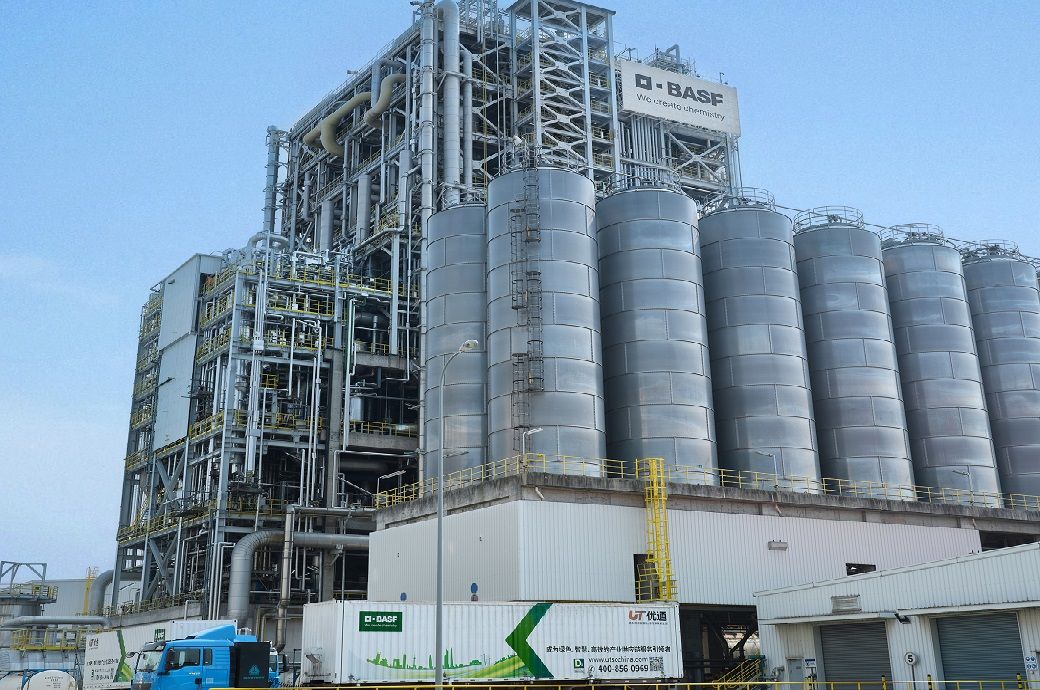
loopamid is a recycled polyamide 6 that is entirely based on textile waste. The new production facility supports the growing demand for sustainable polyamide 6 fibers in the textile industry. “I am proud of our team, which has worked with great passion and dedication to achieve the commercialization of loopamid,” said Ramkumar Dhruva, President of BASF’s Monomers division. “The technology behind loopamid allows textile-to-textile recycling for polyamide 6 in a wide variety of fabric blends, including those with elastane. I am convinced that loopamid not only makes a significant contribution to the textile circular economy, but also helps our customers achieve their sustainability goals.”
BASF has started up the world’s first commercial loopamid plant in Shanghai, with a 500-tonne yearly capacity.
loopamid is a recycled polyamide 6 made entirely from textile waste, enabling textile-to-textile recycling—even in blends with elastane.
Both the plant and product are GRS certified, supporting sustainability and the circular economy in the textile industry.
GRS certification for plant and loopamid products
The plant as well as the quantities of loopamid produced are certified according to the Global Recycled Standard (GRS). This certification guarantees to consumers and textile manufacturers that loopamid is made from recycled materials and that the production processes comply with specific environmental and social criteria. In addition, first yarn manufacturers are successfully using loopamid.
Post-industrial and post-consumer textile waste as basis for loopamid
To produce loopamid in its new plant, BASF currently utilizes industrial textile waste from textile manufacturing and will gradually increase the share of post-consumer waste. This feedstock includes cutting scraps, defective cuts, offcuts and other production textile waste from the textile industry. These materials are collected and provided to BASF by customers and partners. End-of-life garments made from polyamide 6 and other textile products can also be utilized for the production of loopamid. All these waste materials are challenging to recycle because they typically consist of a mixture of different fibers and materials as well as dyes and additives. Additionally, for post-consumer waste recycling, buttons, zippers and accessories must be removed in advance. BASF works closely with partners and customers to accelerate the development of collection and sorting systems.
Note: The headline, insights, and image of this press release may have been refined by the Fibre2Fashion staff; the rest of the content remains unchanged.
Fibre2Fashion News Desk (RM)



